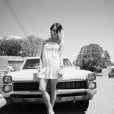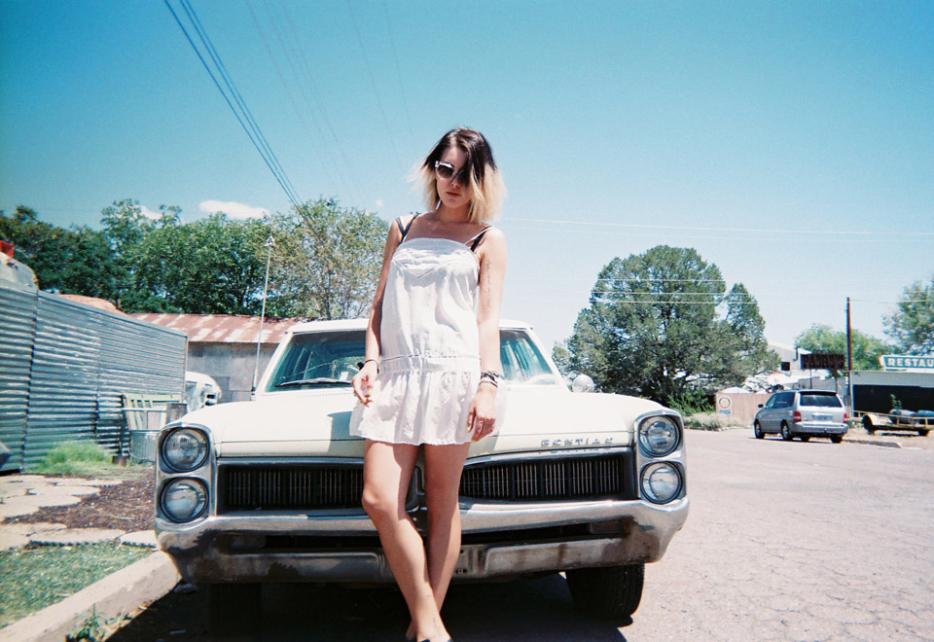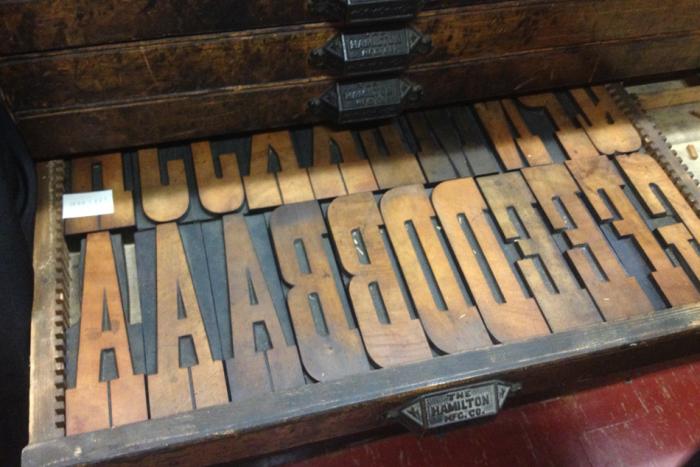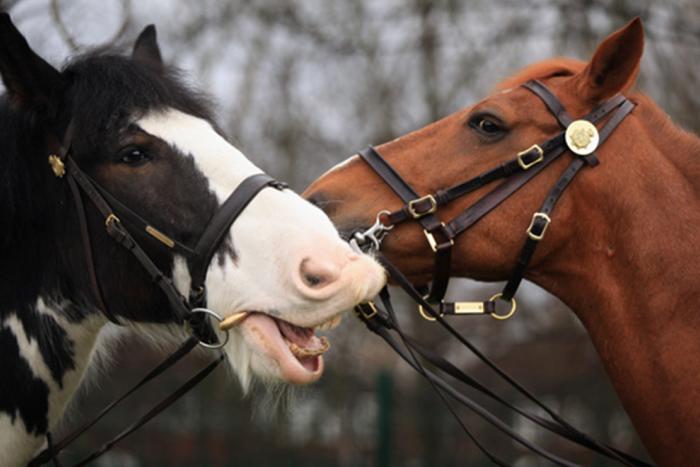1.
I did not get on a plane until I was 23, and then, by 25, I had been on more flights than beds. I counted, took pride in this. I worked. My journalistic stuff was mostly related to fashion or style or lifestyle, and sometimes to art. I went to the capitals where culture is produced. I flew to London, Barcelona, Paris, New York, Miami, Vancouver, Istanbul, Berlin, back to London, to Paris, back most often to New York. New York, from Toronto, is the cheapest flight and the hardest, least difficult city.
Usually I stayed in each place for a day or two after the work was done, if work got done at all. I’d stay in hotels I either couldn’t afford or couldn’t sleep in. Mornings I would get lost and buy local sodas and go to museums and feel determinedly alone, and by afternoons I would break down and cry on the street because it didn’t matter who saw me. Then I’d buy postcards. Nights before I flew home, I wouldn’t sleep. In London, it was because London, even after Fashion Week, made me feel surveilled and anxious. In Barcelona, it was because I did poppers with an English banker who’d retired at 29 to pursue his hobby, which was, I think, being gay. In Istanbul it was ‘cause this supermodel’s baby daddy taught me to do coke the way Marianne Faithful had taught him to do coke, on the end of moist joints like Lik-A-Stiks, while he fucked me. I was nothing to him, but I was nothing anyway: the further I travelled, the farther my contours deteriorated, so that by the end of a trip I felt most embodied by a black sky, or the water below the wing. When I had consumed enough to make me feel empty of self, satisfied, sick—then I could go home.
I’d land in debt to my boyfriend, with whom I lived for the better, then worst, part of four Toronto years. Always he was happy to see me; always I was sorry and a mess. “Pick a hand,” I would say, and no matter which he picked there would be candies, postcards, old books. I wouldn’t remember whether I had washed my hands.
Since long before 23 I had defined myself by a line from that Kundera book: In the mind of a woman for whom no place was home, the thought of an end to all flight was unbearable. I said that Toronto was home because I’d chosen it, because I wanted to come back to it, even though that part wasn’t much of a choice, given my zero money. Eternally I hoped the return justified the departing, the expense. You leave so that you can come home. But everywhere I went, I left something. Once, the only guy I was in love with, other than my boyfriend, mailed me rings from The Standard Hotel in Miami. The postage cost more than my rings, and he drew the outline of his hand on the paper he folded them in. I looked at the paper before crumpling it up and I thought about where to draw myself.
I got back together with my boyfriend. We flew to Palm Springs. We flew to Montreal. He flew to Vancouver and I did not. I flew to New York and he did not and when it was time to go home, I turned around and saw it wasn’t there. Instead I went to a place that was once again called Toronto, now again a cold, incompatible city, all strangers and no weirdness, where I did not belong. I packed everything and booked the first plane out on an early, soon morning, so it would still be dark. He didn’t believe I was leaving and didn’t want to see; we said no goodbyes. Four years! Longer, if you count the time before he chose me.
I would be alone. I would be singular. There would be no more boyfriends, not even if they were men. None of them. I swore. I swore as I was falling in love.
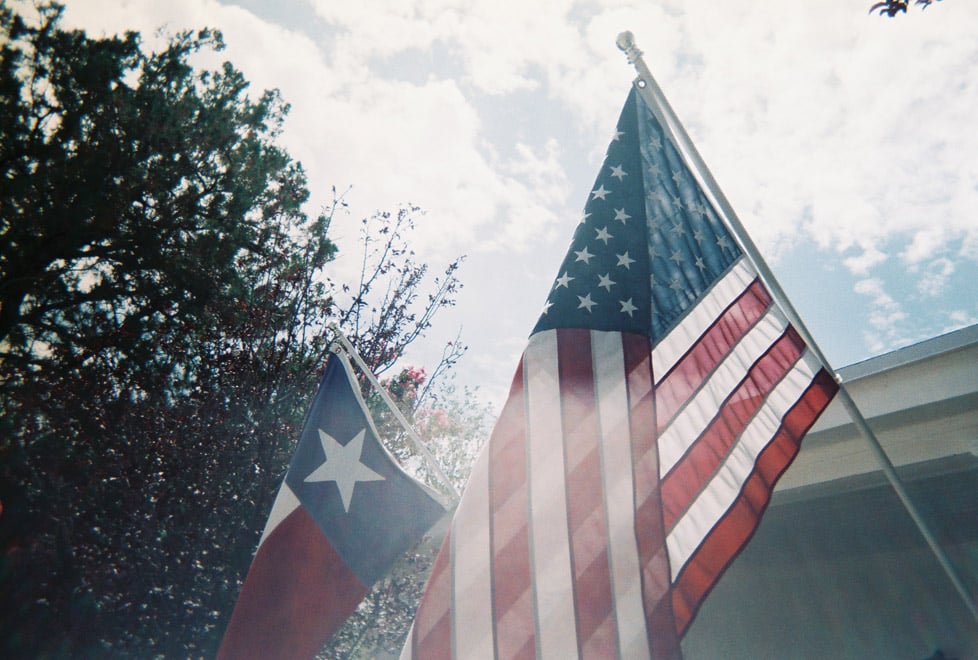
6.
Los Angeles is a disparate, dispassionate place, or a series of places. There’s no nerve centre, only fray. I got jumpy. Where the light is so bright, the shadows are black: that’s one explanation. A total suspension of belief in urban planning is another.
I kept waiting to like L.A. because it seemed too proverbial that, as a new New Yorker with IQ-commensurate anxiety and self-treated sadness, I’d hate it. When Chris flew home because he has one of those, and also a job, I stayed for days. I waited. I tried heartlessly to work. You don’t know what you’ve got until it gets on a fucking plane and leaves you in the landfill of culture, I said, possibly quoting Woody Allen. Then I pretended I was staying at The Standard Hotel in West Hollywood so I could tan and drink weak “Caesars” and superiorly read Henry James while at the next table, four women in full makeup and trainers discussed auditioning for The Bachelor as a “career move.” Was it too much to ask that I be wrong about a place? Nothing gets me downer than a true stereotype.
Silver Lake, Los Feliz, Malibu, downtown, wasteland: I never knew where I was in L.A.
In San Francisco I knew instantly.
Still, it took a long time to get from sureness to sureness, because I was walking, and there are all those hills. Jacob, on my second night here, offered to drive me around.
But don’t you want to drink, I said. Jacob was Kelley’s friend—her boyfriend’s best friend, it turned out—and when I had gone to get her keys from him, he’d hugged me lightly, like we hadn’t seen each other in a couple days. He seemed about 21 and vegan. He was 25. No, he said, he didn’t want to drink. It would be more fun for me to see all the bars.
He drove us to Phone Booth, which is Kelley’s favourite ‘cause you can play pool and smoke. I paid for my gin and he asked what I do, but really. He asked: “Do you ever feel like you want to write but you don’t know what to write about?”
I pretended to think for a second. I said, no, I always have things to write about but I don’t know whether they are important, and sometimes I know they’re not. In the darkest magic hours, I said, I feel like the truth is void. With shaky cave-lamps we outline our shadows against that truth, dark from dark. I think weight is importance but shape’s what we make.
It is better if the shape is bigger than our bodies. It’s better, I think, if we stake out boundaries far beyond us, leaving room for error and trials and perspective, and for the best survival skill: empathy. Otherwise, a bird shits on you and it’s the end of your world.
I didn’t say that. I said we draw, like, perimeters, to connect the points of magnitude. Every last thing gains meaning by its distance from one or more of those points. I was thinking of the stars in Joshua Tree, so close you could see the freeways, blazed in dust, between them.
What are they, he wanted to know. Later he would kiss me and I wouldn’t kiss back or say anything. I used to say “I can’t,” which contained in it that I would if I could, so that usually I did. Now I just don’t want to. I’ve touched magnitude.
What are what, I said.
The points! Oh, I said. Well: Beauty, in one hemisphere. Ugliness, the other. Love, above. Hate, below. Kindness. Anger. Freedom. Responsibility. Justice. And anarchy. I would not say good and evil; I’m not twelve. Art? Nature? Loyalty, I might have said, and selfishness. I didn’t know what else. We went elsewhere.
We spend all these nights camping in the wilderness, staking our points where we don’t belong, stringing the party lines and the principles between. And from this our whole structure hangs?
We think it’s a firmament, but it’s a tent.
7.
In San Francisco, I’m as far away from Toronto as I’ve been, while still on the continent, and I’m the most here. The placelessness of the road is now memory, and so’s the base aimlessness of L.A. Here I’m oriented, if not entirely comfortable, because S.F. seems too easy a place to be “progressive.” It’s pretty and book-smart and hermetic, a small tent with big-tent pretensions. But: I can walk here, I can follow the lines, and I know where I’m going. The black water recedes.
It was dangerous to spend so long on the road, dangerous because it felt safe. Love is always a house built on sand. It makes a better house than madness, but then, are not those two things built by the same architect? I’m slipping back into the Conradian sanity of work.
What Sabina maybe didn’t know is that her mind was the place. It’s a broken kind of home but it’s mobile, at least.
Just before the road trip, I was texting Chris in my usual run-on way, and I invented this thing “spiraliminality” to describe the sensation of thoughts circling a cracked basin, and then not thoughts, but fears, hard fears, that I will slip into the fissure. That’s where the screaming echoes, the water gets in. It’s the crack I did not dare step on as a child, and sometimes, even when I walk like I run the sidewalk, now. Here—both alone and not alone, instead of trying to figure out which—I’m climbing back up. Each step feels like it connects with new ground again. Each word begets another word. I’ve been writing all day and am still not tired, sky still bluish. I love him. Maybe I love him the most; I know I need him the least. It’s good I am flying back solo. The flight is only seven hours but it’s a long way, the longest way there is.

